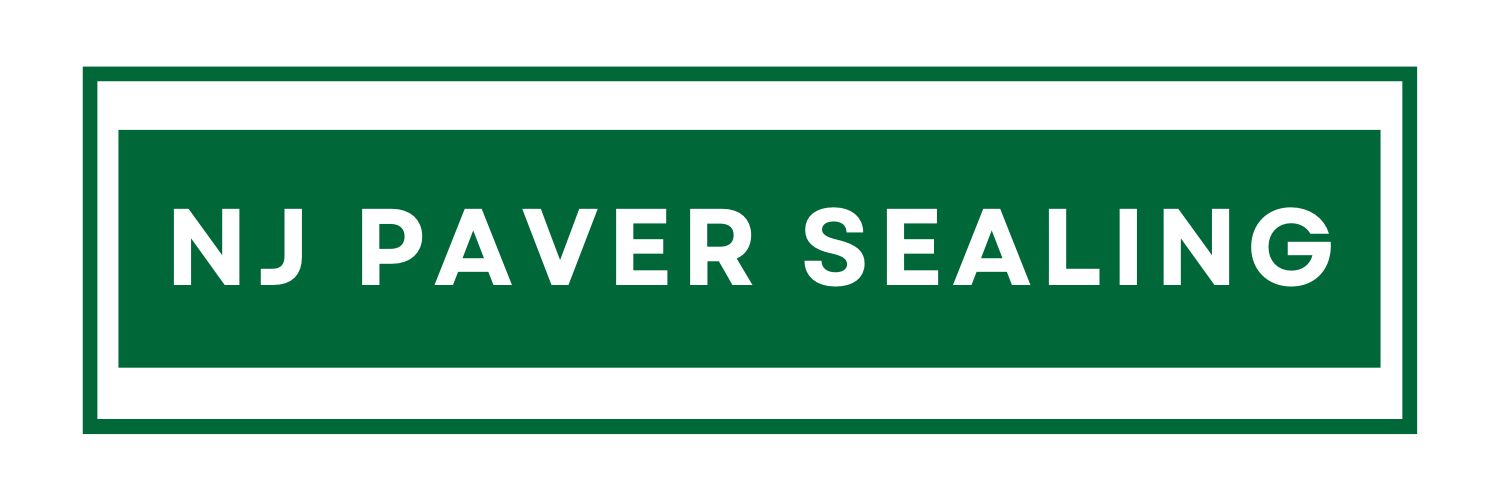As fall rolls into Point Pleasant Beach and temperatures start to dip, many homeowners begin to wonder: “Should I seal my pavers before winter?” The short answer—yes, absolutely. In fact, fall is the ideal time to protect your driveway, patio, or walkway from the harsh winter ahead.
Paver sealing isn’t just about enhancing appearance—it’s your pavers’ first line of defense against freeze-thaw cycles, moisture absorption, de-icing salt damage, and staining from fallen leaves or debris.
Here’s why you should schedule your paver sealing before winter hits.
What Happens to Unsealed Pavers in Winter?
Leaving your pavers unsealed during winter can cause a chain reaction of damage:
-
Moisture seeps into the pores of your pavers, and when temperatures drop, that water freezes and expands.
-
This freeze-thaw cycle can lead to cracking, chipping, and surface erosion.
-
Joint sand washes out from melting snow and ice, weakening the structural integrity.
-
Salt and de-icing chemicals cause permanent staining and discoloration.
-
Fallen leaves or organic material become harder to clean and may leave dark patches or mold.
Without sealing, your pavers are left defenseless against these seasonal stressors.
Why Fall Is the Perfect Time to Seal Your Pavers
Many homeowners assume paver sealing is a spring or summer job. But autumn is actually ideal, especially in New Jersey.
Here’s why:
-
Cooler, Dry Weather
Sealing requires dry surfaces and moderate temps. Fall’s lower humidity and cool days create optimal curing conditions for paver sealers. -
Protect Before First Freeze
Sealing before freezing temps sets up a protective barrier that stops moisture from soaking in. Once winter starts, it’s often too late. -
No More Summer Grime
After a long summer of barbecues, traffic, and rain, your pavers likely have stains, debris, or oil spots. Fall is a great time to clean everything thoroughly before sealing. -
Prep for Snow and Ice
Once sealed, your pavers become less vulnerable to salt damage and snow shoveling scratches, helping preserve their color and structure. -
Avoid the Spring Rush
Spring is the busiest time for sealing services in NJ. By sealing in the fall, you skip the waitlist and head into winter worry-free.
What Are the Benefits of Sealing Pavers Before Winter?
NJ winters can be unforgiving. Sealing in the fall brings long-term protection and peace of mind.
-
Prevents water absorption and freeze-related cracking
-
Blocks stains from salt, leaves, and ice melt
-
Stops joint sand from washing out
-
Deters weeds, moss, and algae from forming in damp conditions
-
Enhances color and boosts curb appeal, even under snow
NJ Paver Sealing uses top-tier water-based sealers that are environmentally friendly and specially formulated for interlocking paver systems. Learn more about our sealing process here.
How Late in the Fall Can You Seal Pavers in New Jersey?
This is a common question from NJ homeowners. Sealing can usually be done through late fall, as long as:
-
Daytime temperatures are consistently above 50°F
-
Surfaces are dry for 24–48 hours before and after sealing
-
There’s no rain or snow in the immediate forecast
At NJ Paver Sealing, we closely monitor weather patterns to schedule your service at the perfect time, ensuring a smooth, professional finish that lasts.
Don’t Wait Until Spring—Protect Your Pavers Now
Sealing your pavers before winter is a smart investment in your home’s appearance and longevity. The cost of resealing now is far less than replacing damaged pavers in the spring.
Let the pros at NJ Paver Sealing handle it for you. With years of local experience and specialized tools, we ensure your patio, driveway, or walkway looks great and stays protected through every season.
Call NJ Paver Sealing today at 732-800-6085 or visit our website to request a free quote. You can also find us on Google Maps if you’re in or around Point Pleasant Beach.
Protect your investment now—before winter takes its toll.
